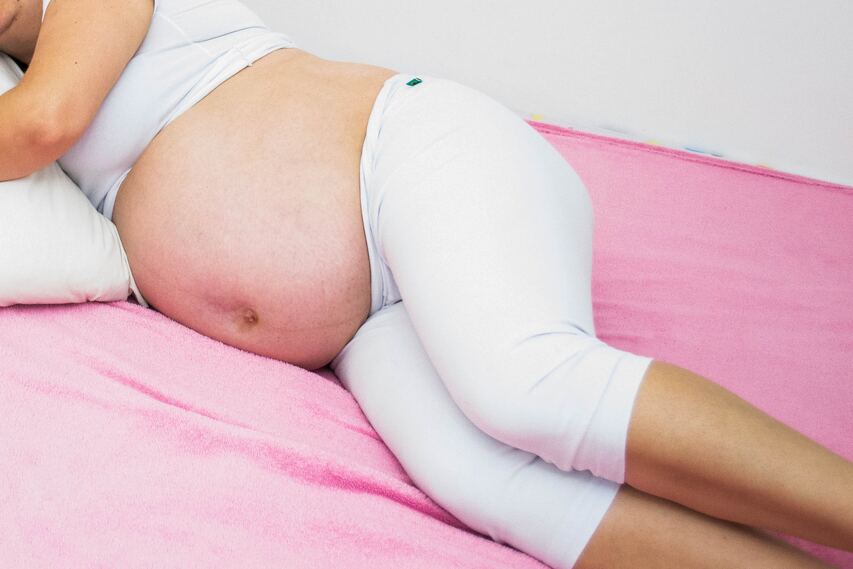Skincare safety in pregnancy

Safe Skincare During Pregnancy: What to Use and What to Avoid
Concerns about the safety of skincare products are common among pregnant women, especially with products containing medical-grade ingredients like hydroquinone (for skin brightening), retinoic acid (adapalene, tretinoin) for acne and skin rejuvenation, salicylic acid, and benzoyl peroxide. Here’s a guide to help you understand which ingredients are safe and which should be avoided during pregnancy.
Ingredients to Avoid During Pregnancy
-
Topical Retinoids
Retinoids, such as tretinoin, adapalene, and retinoic acid, are commonly avoided during pregnancy due to concerns over potential birth defects. Although topical absorption is minimal, four cases of birth defects have been reported with topical retinoid use, suggesting a possible link to retinoid embryopathy. Studies with small sample sizes found no significant risk, but until larger studies are available, it’s best to avoid these products during pregnancy. -
Hydroquinone
Hydroquinone, used for skin lightening, has an estimated systemic absorption rate of 35-45%. Although no increase in adverse pregnancy outcomes has been reported, the high absorption rate warrants caution. Pregnant women should avoid hydroquinone until further research confirms its safety.
Safe Ingredients and Treatments During Pregnancy
-
Topical Antibacterials
- Clindamycin and Erythromycin: Frequently prescribed for acne, both are considered safe for pregnancy. Studies on clindamycin (oral and topical) showed no increased risk of birth defects in over 600 women exposed in the first trimester, nor with erythromycin in thousands of pregnancies.
-
Benzoyl Peroxide
Only about 5% of benzoyl peroxide is absorbed through the skin and is metabolized to benzoic acid (a common food additive) before being excreted in urine. Although no pregnancy-specific studies exist, systemic effects are unlikely, and most dermatologists consider benzoyl peroxide safe during pregnancy. -
Salicylic Acid
Low concentrations of salicylic acid (up to 2%) in topical applications are generally considered safe for pregnancy. Studies with oral low-dose aspirin during pregnancy have shown no increase in adverse events, although high concentrations and extensive use on large areas should be avoided. -
Glycolic Acid
An alpha hydroxy acid (AHA) found in acne and anti-aging products, glycolic acid is considered safe in small, topical doses. Although animal studies have shown adverse reproductive effects at high doses, the amounts absorbed from topical use in humans are minimal. -
Sunscreens
Sunscreens are safe to use during pregnancy, particularly physical sunscreens containing zinc oxide or titanium dioxide, which remain on the skin's surface rather than being absorbed. These are especially helpful in preventing melasma (pregnancy-related skin pigmentation). -
Self-Tanning Agents
Dihydroxyacetone (DHA), a common ingredient in self-tanning products, has minimal systemic absorption (<0.5%) and is considered safe during pregnancy. The color develops on the skin surface and does not penetrate deeply. -
Hair Removal and Bleaching Agents
- Depilatory Creams: Contain thioglycolic acid in low concentrations (≤5%), which is minimally absorbed.
- Hydrogen Peroxide: Found in bleaching creams in low concentrations, hydrogen peroxide has minimal dermal absorption and is rapidly metabolized. Hair removal and bleaching products are considered safe when used in moderation.
Conclusion
While skincare products are generally safe during pregnancy, there are a few exceptions. Hydroquinone and topical retinoids (such as tretinoin and adapalene) should be avoided due to potential risks. On the other hand, benzoyl peroxide, salicylic acid (in low concentrations), glycolic acid, and physical sunscreens are considered safe and effective. Pregnant women can feel comfortable maintaining their skincare routines by focusing on safe ingredients, allowing them to care for their skin without compromising their baby’s health. Always consult with a healthcare provider before starting any new skincare regimen during pregnancy.
To find the right acne treatments for your unique skin, take the free skin assessment by clicking here.



